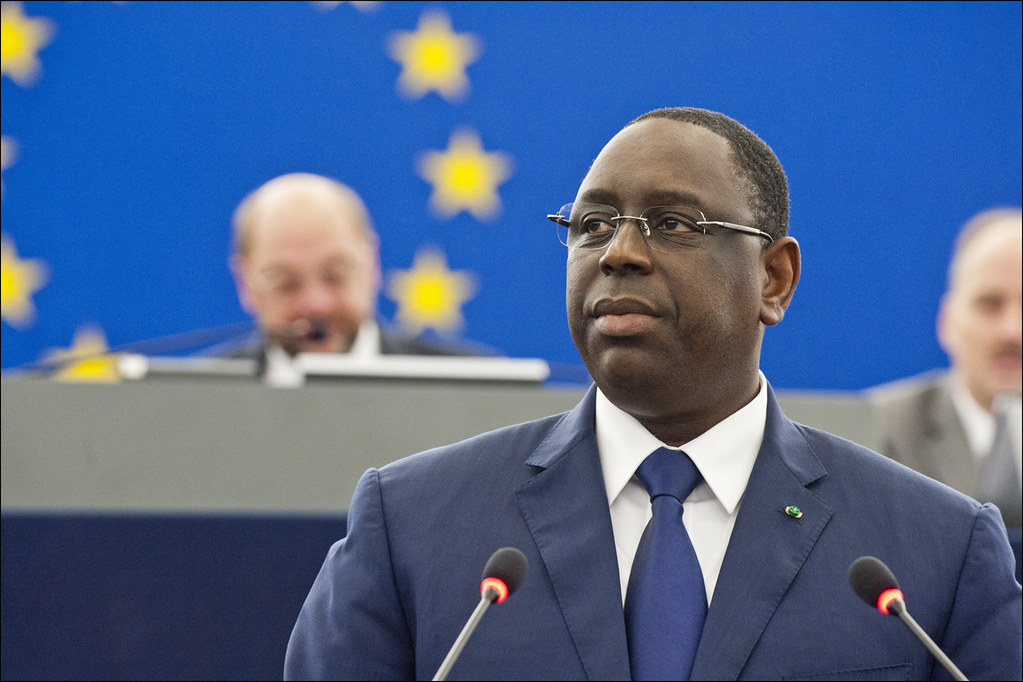Senegal’s political landscape has been rocked by chaos and accusations of democratic backsliding after their parliament voted to postpone the presidential election until December 15th. This move, extending President Macky Sall’s term beyond its April 2nd end date, triggered violent protests and raised concerns about the nation’s long-held stability.
The vote itself descended into turmoil, with security forces forcibly removing opposition lawmakers who attempted to block the proceedings. Outside, tear gas and arrests marked the growing dissent as protesters rallied against the delay. Mobile internet access was restricted, further fueling tension and hindering communication. In response, opposition parties filed legal challenges against the postponement, labelling it a “coup.”
This escalation has placed Senegal, once considered a beacon of democracy in Africa, at a critical juncture. The recent wave of coups across the continent adds further weight to concerns about President Sall’s decision and its potential long-term implications. The African Union’s call for a swift election and dialogue reflects anxieties within the international community.
Opposition figures and human rights groups have been particularly vocal in their condemnation. The government’s actions, including the forceful removal of lawmakers, internet shutdowns, and the closure of a critical television station, have been labelled as “constitutional coups” and assaults on freedom of expression.
President Sall defended the postponement, citing legal disputes over candidate disqualifications and dual nationalities. However, critics see it as a worrying sign of democratic decline in a nation already grappling with political tensions and stifled digital communication.
As Senegal navigates this period of uncertainty and unrest, the world watches closely. The hope lies in a peaceful resolution, a return to democratic norms, and the protection of fundamental rights. Only time will tell if Senegal can weather this storm and preserve its reputation as a leading democracy in Africa.

